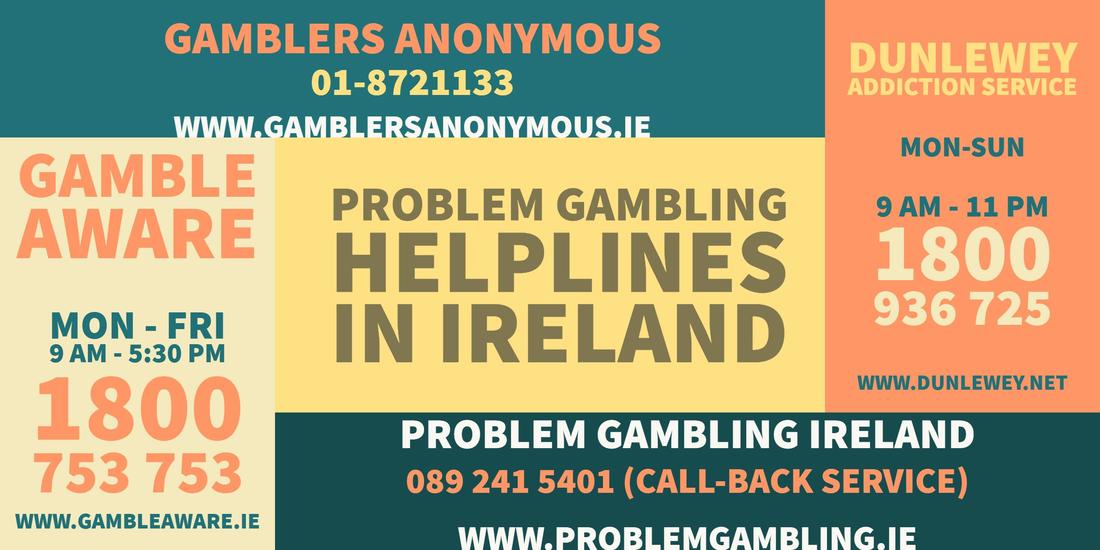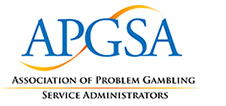Problem Gambling Support Services Committee
The Prevention and Treatment of Problem Gambling and an Advisory Committee on Problem 1 Note: All budget figures presented in this section are rounded to the nearest $1,000. DHHS Problem Gambling Services Strategic Plan: 2017-2019 3. What is Problem Gambling? Problem gambling is the uncontrollable urge to gamble despite negative consequences in a person’s life. Gambling addiction can contribute to poor mental and physical health, loss of money, and problems with family, friends and co-workers. The Department of General Services (DGS), with the cooperation of the Department of Behavioral Health and Developmental Services, shall work with James City County to identify the amount of acreage needed on the Eastern State Hospital site to be purchased or leased at fair market value by James City County for the co-location of a new facility.
- Problem Gambling Support Services Committee Act
- Problem Gambling Support Services Committee Meeting
- Problem Gambling Support Services Committee Responsibilities
Gambling Help Online is funded as part of an agreement between all State and Territory Governments and the Australian Government.
This service complements and increases the range of services available in responding to problem gambling issues. It provides Australians with a new opportunity to access counselling and information services when they are unable or reluctant to access face-to-face services provided in each jurisdiction.
Informed by extensive research and expert advice, Gambling Help Online is a world first to provide:
- Free 24/7 chat and email counselling and support services
- Professional counsellors with expertise in problem gambling and online services
- A stepping stone for further help-seeking, including telephone and face-to-face gambling services
- Extensive website content, self-help information and weblinks for additional support.

Acknowledgement of jurisdictional funding for Gambling Help Online:
- Australian Capital Territory: ACT Government through the ACT Gambling and Racing Commission
- Australian Government: The Department of Social Services
- New South Wales: NSW Government through the Responsible Gambling Fund
- Northern Territory: Northern Territory Government through the Community Benefit Fund
- Queensland: Department of Employment, Economic Development and Innovation
- South Australia: Government of South Australia
- Tasmania: Tasmanian Government through the Community Support Levy
- Victoria: Victorian Government through the Victorian Responsible Gambling Foundation
- Western Australia: Government of Western Australia through the Problem Gambling Support Services Committee.
The views expressed in this website are solely those of the author/s. The information, views and reference material in this website are provided solely on the basis that readers will be responsible for making their own assessment of the information provided.
Mission: To reduce the negative effects of gambling in Lane County communities through coordinating effective prevention strategies.
Our program history
Lane County formed its problem gambling (or “disordered gambling”) prevention program in January 2002. Since then, we have been called upon regionally, nationally and internationally for our resources and innovative prevention approaches. In 2012 our coordinator, Julie Hynes, was the recipient of the National Council on Problem Gambling’s Wuelfing Award for Prevention, the highest honor in problem gambling prevention. She is currently the co-chair of the National Council on Problem Gambling Prevention Committee.
Why the need to prevent gambling disorders?
- Disordered/problem gambling is a “hidden” behavioral addiction
- The latest data on Oregon students shows that gambling starts as early as sixth grade, and that youth who gamble are much more likely to be involved in other risky behaviors.
- Evidence-based efforts for drugs, alcohol and tobacco are effective; effective disordered gambling prevention strategies may actually help reduce the rate of future disordered gamblers by promoting healthy and responsible choices.
Evidence-based work
Our program, like other problem gambling services in the State of Oregon, is funded by a portion of 1% of Oregon Lottery net proceeds. We utilize the Center for
Substance Abuse Prevention’s (CSAP) strategies for effective prevention
efforts, including information dissemination, prevention education, community-based processes, and policy change.
A growing number of prevention experts believe that the risk and protective factors for other problem behaviors (e.g., substance abuse, violence, delinquency, school dropout) are common to those for problem gambling behaviors in youth. We very much support this belief. Therefore,
our program seeks to model its efforts around addressing common risk
factors.
Our program is targeting the following risk factors in youth:
- Early initiation of problem behavior
- Community laws & norms favorable toward the problem behavior
- Favorable attitudes toward the problem behavior
- Friends who engage in the problem behavior

For more information on how disordered/problem gambling may be related to the
risk & protective factor framework and how evidence-based disordered/problem
gambling prevention programs might be developed, please refer to the
report, Problem Gambling Prevention Resource Guide for Prevention Professionals.
Our goals

- Increase community awareness about the effects of disordered/problem
gambling, and promote awareness that disordered/problem gambling is a preventable and treatable public health problem - Reduce gambling behavior among youth by addressing the risk
factors that may increase the risk of disordered/problem gambling and promoting
the protective factors that may minimize the risk of problem
gambling. - Build and maintain partnerships of individuals, agencies, and
community groups to help support community approach to problem gambling prevention.
Lane County is working to achieve these goals through several projects, including the development and provision of educational material and technical assistance to schools and community partners, partnering with other local substance abuse prevention coordinators and other counties’ problem gambling prevention providers, and active involvement in local and statewide efforts.
For other information about our efforts, check out our presentation about problem gambling and the importance of prevention. Note that we’re constantly updating our materials, so the material on this site may not be as up to date as what we can provide to you.
Aligned with Oregon Health Education Standards
Problem Gambling Support Services Committee Act
In schools, we align our efforts with the Oregon Health Education Standards.
The skills covered by our program include:
- accessing information, analyzing influences, and decision making.
How can we help you?
Are you looking to add information about problem gambling to your classroom, group, or agency program area? We can offer a variety material to you – – ranging from the shortest to lengthier material. Here are a few items we can offer you:
- Presentations and education, targeted to specific population needs
- Policy support and technical assistance
- Professional training workshops (e.g., to addictions, prevention, or mental health providers)
- Other gambling-related information or education; please feel free to contact us!
Problem Gambling Support Services Committee Meeting
